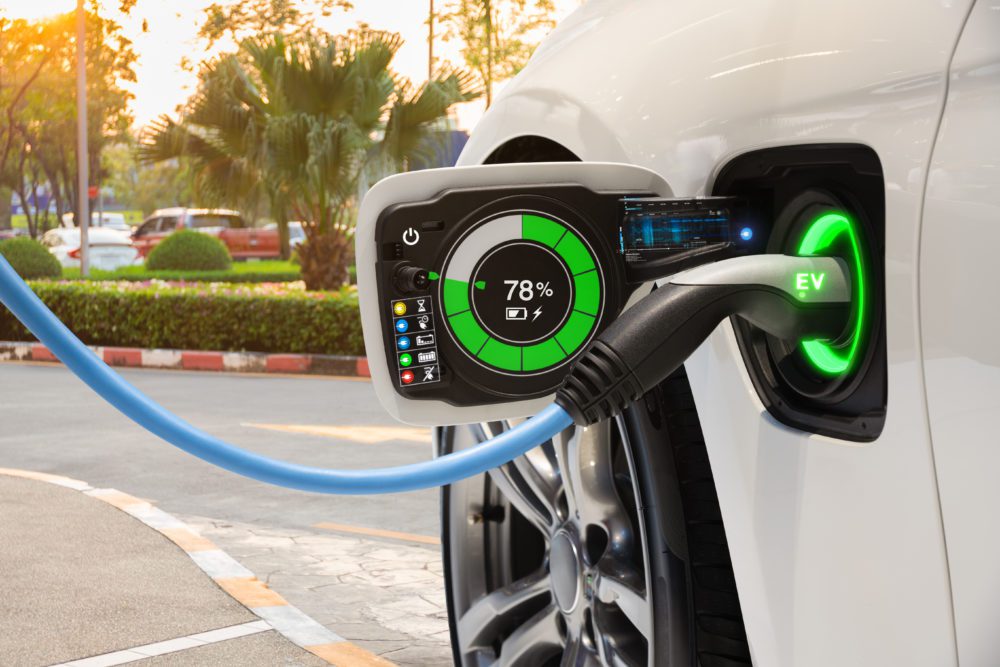The Guyana Energy Agency (GEA) has taken steps to build the capacity to repair and maintain electric vehicles as the country continues to pursue low carbon development opportunities. To this end, the GEA hosted an Electric Vehicle Maintenance and Repairs Workshop last week – a programme funded with support from the Inter-American Development Bank (IDB) and facilitated by Mega Power.
On Friday, during the workshop’s closing ceremony at Cara Lodge, Georgetown, Guyana’s Prime Minister, Brigadier (retired), Mark Phillips joined in celebrating what he labelled a “momentous occasion”, particularly as the government works to reduce the country’s carbon footprint.
Guyana is in the process of procuring electric vehicle charging stations. Motor vehicle retailers have been importing these cars, which cost less to purchase due to the removal of duty.
Phillips explained that with Guyana’s drive to significantly slash the price of electricity, having electric vehicles will become very viable.
“While the proliferation of electric vehicles adds a new dynamic for the utility, lower electricity costs will certainly encourage diversification in the transport sector,” the Prime Minister stated.
He emphasised the importance of the training and stated that it is a step in the right direction as the country prepares for the introduction of fast-charging stations for electric vehicles in Regions Three, Four and Six this year. Bids for this project closed on May 31, with six companies expressing their interest to secure the contract.
Further, the Prime Minister highlighted also that possessing a cadre of trained and certified mechanics and auto-technicians in electric vehicle maintenance and repairs would give existing and potential vehicle owners additional confidence in the reliability of this technology.
First Tesla imported as Guyana pushes electric car industry | OilNOW
“Proper maintenance will also ensure the longevity of these types of vehicles in a healthy and safe environment,” he noted, and linked this upskilling directly to the government’s objective of developing Guyana’s human capital.
To this end, Prime Minister Phillips related, “As a country, we need to develop our human resources to drive a sustainable energy transition through continuous capacity building, training, public awareness, and education programmes. This workshop has contributed to boosting the country’s human capital to support such a transition.”
Out of 44 persons who applied, 12 persons were selected for this initial workshop.



